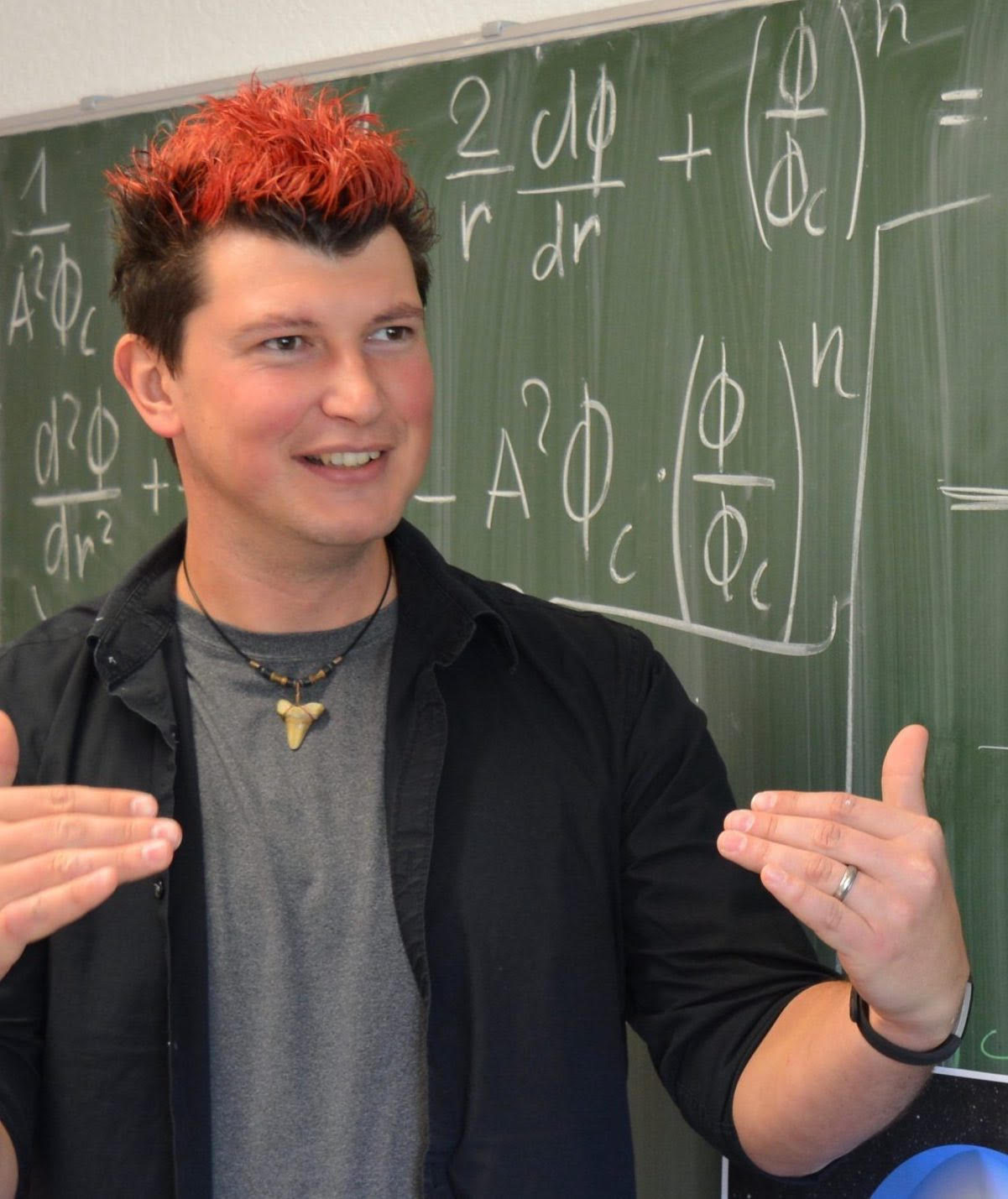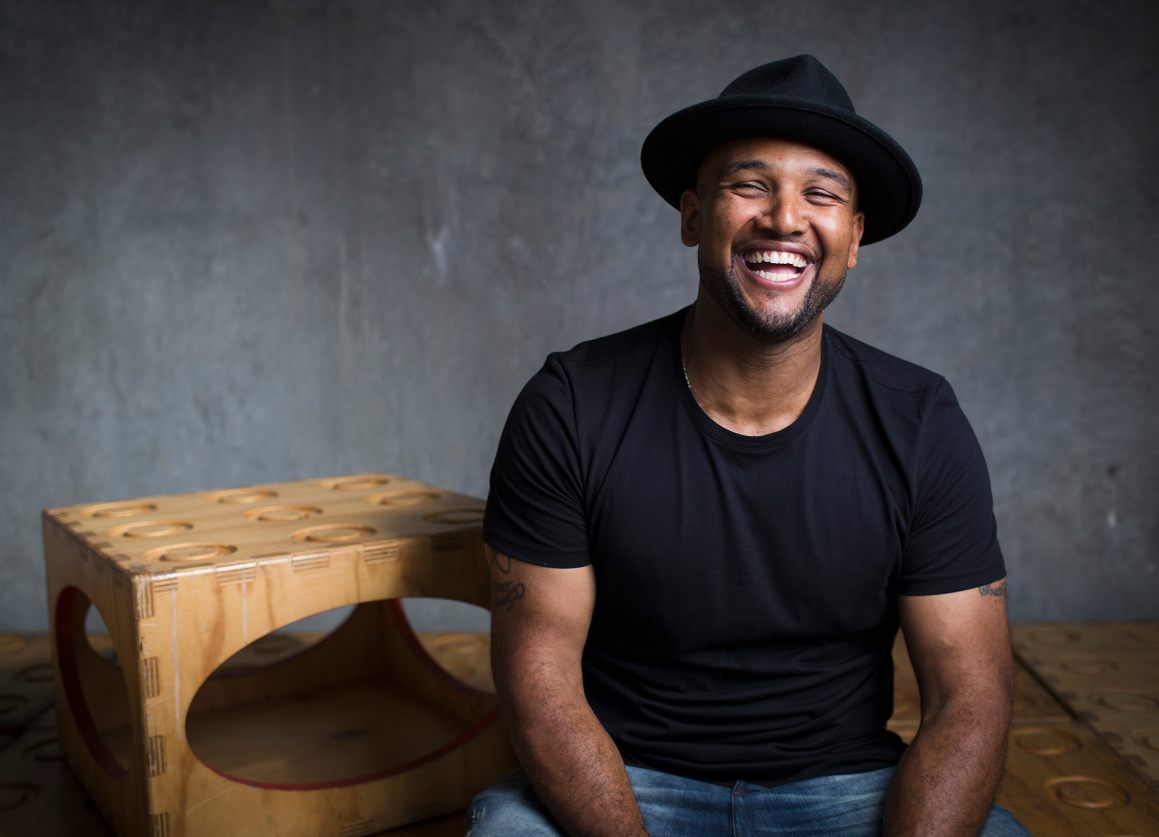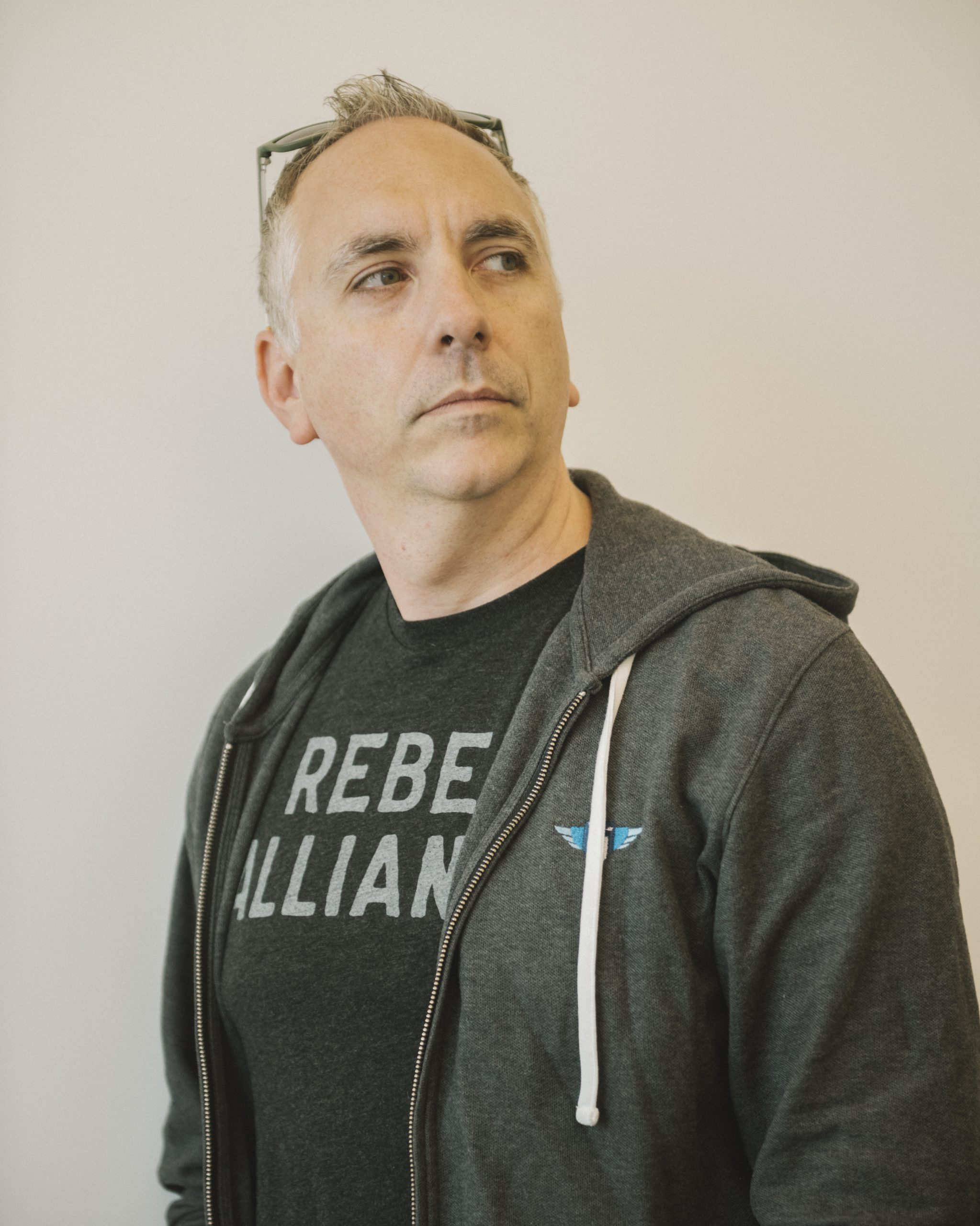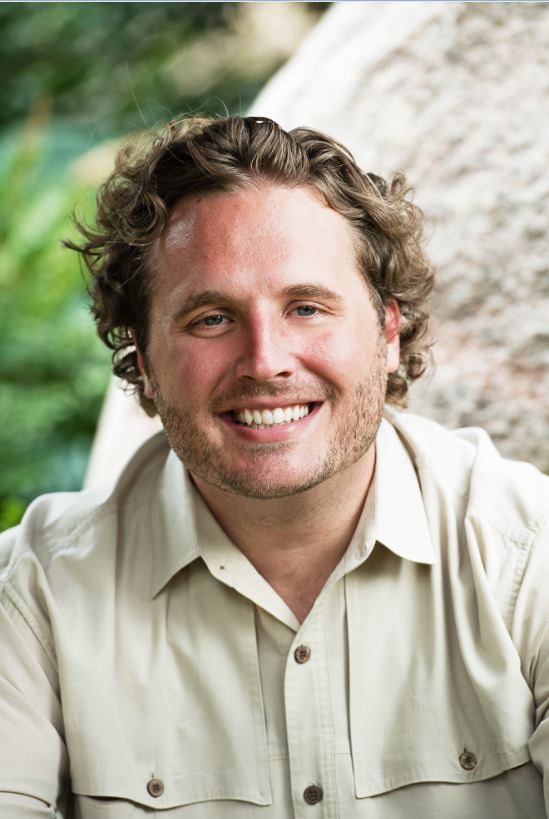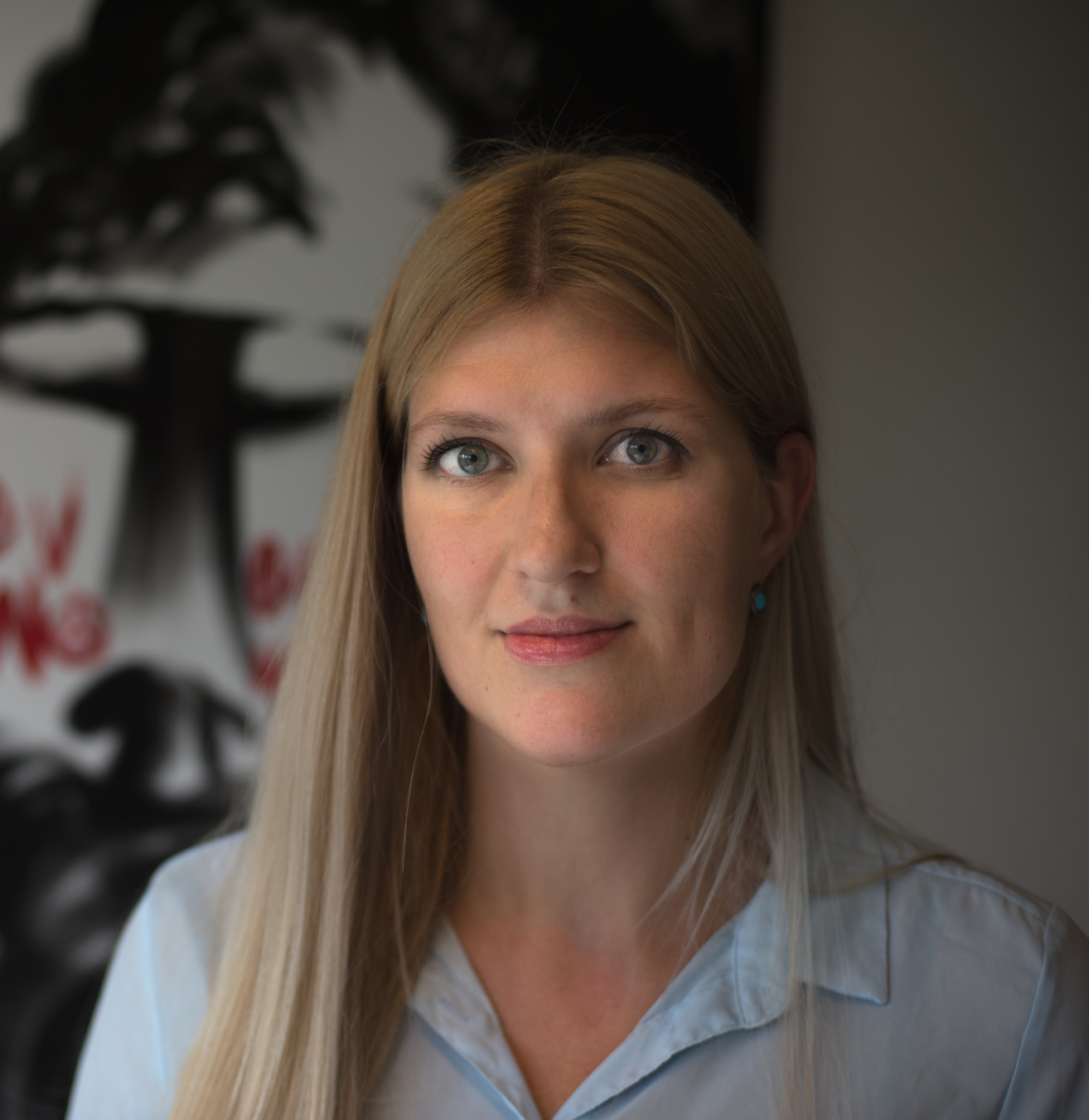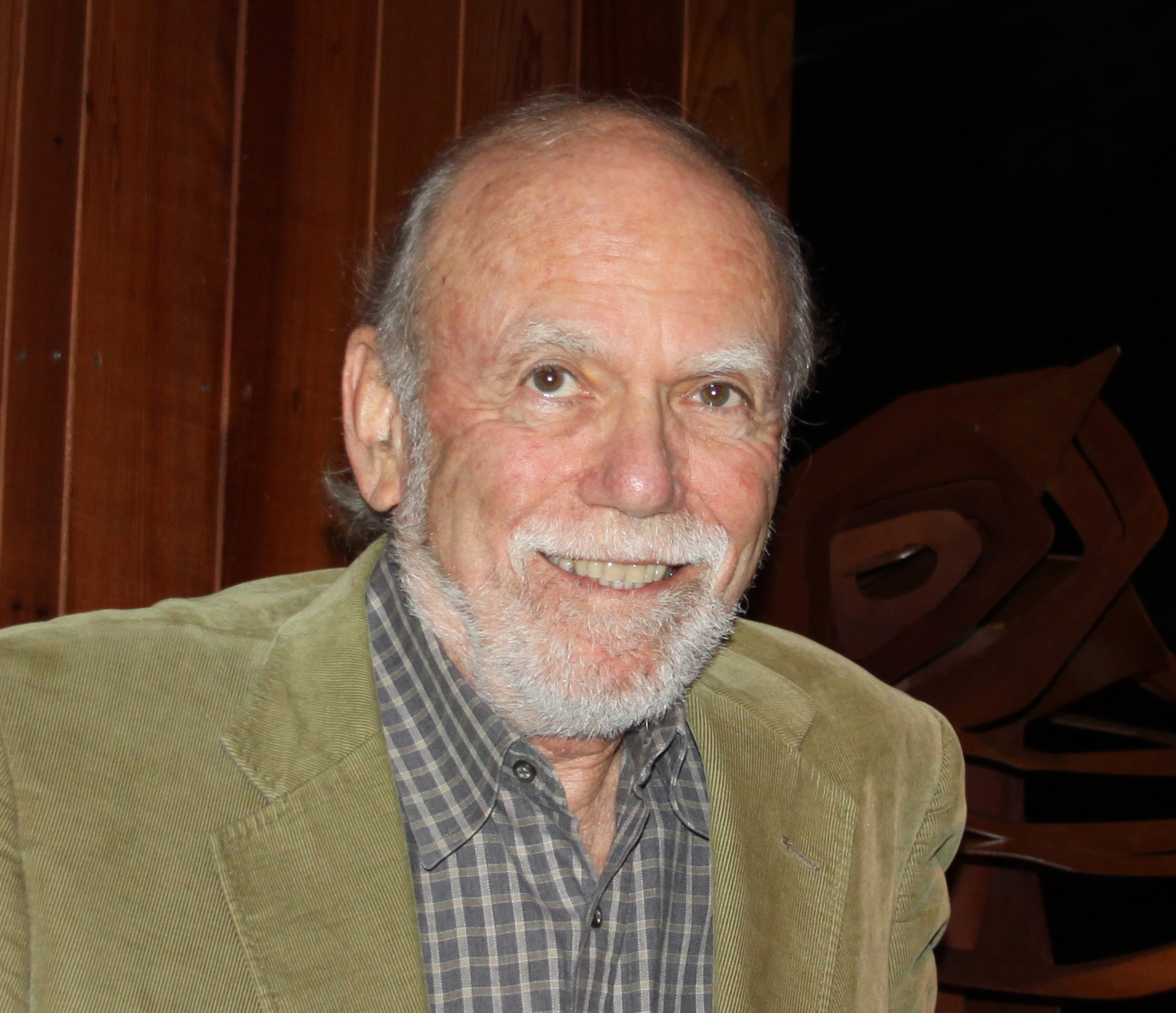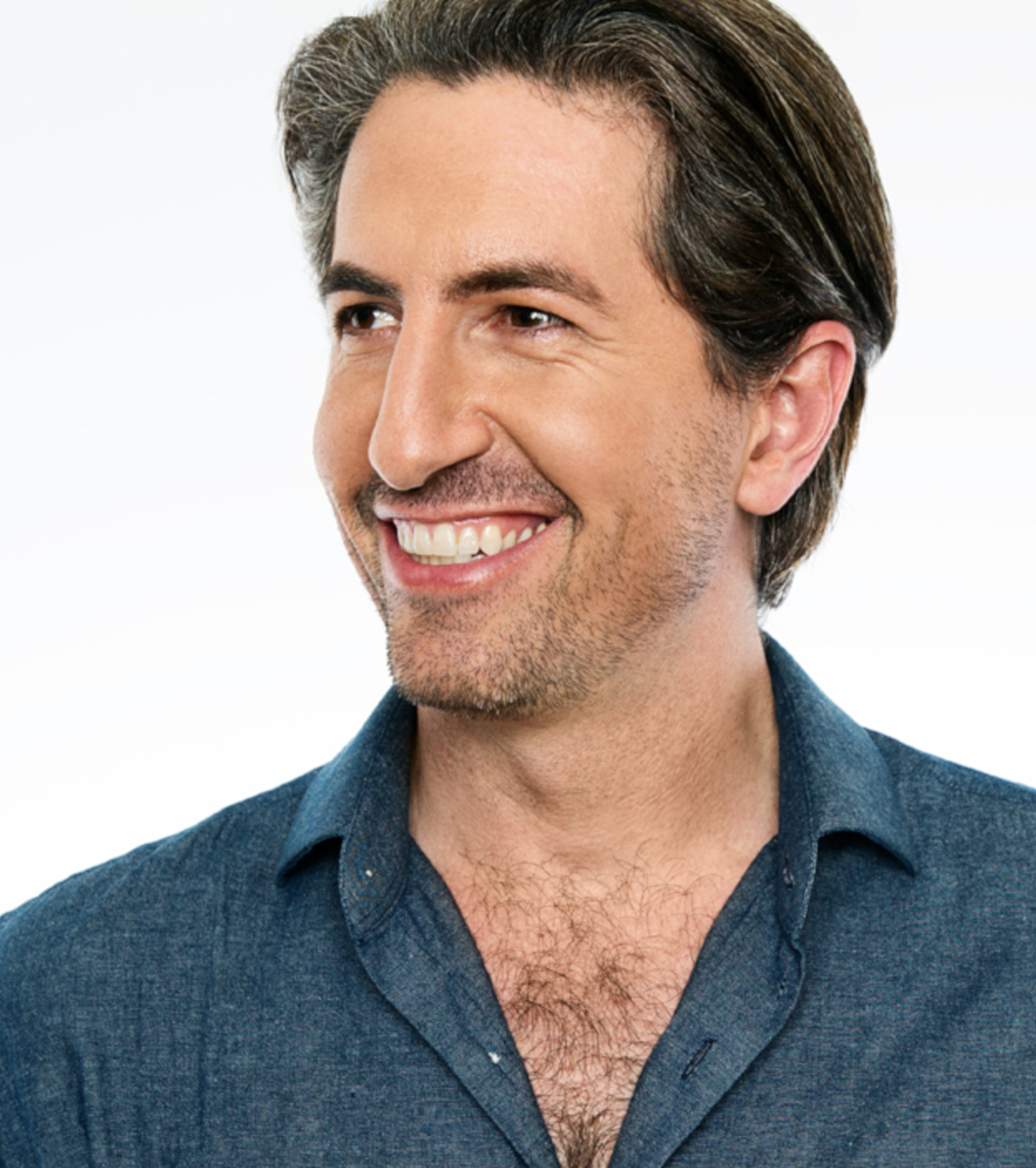Forbes named Batygin the “next physics rock star” in its 2015 list of “30 Under 30: Young Scientists Who Are Changing the World.” To date, Batygin has authored over fifty scientific publications, and his research has been featured on the pages of Nature as well as the front cover of Scientific American. Prior to joining the faculty at California Institute of Technology in 2014, Batygin was a visiting scientist at Observatoire de la Côte d’Azur in Nice, France, and a prize postdoctoral fellow at Harvard University. When not doing science, he moonlights as the lead singer in the rock band, The Seventh Season.
Archives: People
List of People
Jason Mayden
Previously, he was at Nike for more than 13 years, where he led and contributed to the creation of innovative sport performance products for athletes and cultural icons such as Carmelo Anthony, Chris Paul, Russell Westbrook, Derek Jeter and Michael Jordan. As Nike’s Global Director of Innovation for Nike Digital Sport, he was responsible for the strategic investigation of new technologies and services, such as the Nike Fuel Band. As its Senior Global Design Director, he oversaw the design and execution of all conceptual products, data driven innovations and inline lifestyle and performance product for Jordan Brand.
After Nike, he became the Vice President of Design at Mark One before co-founding Super Heroic. Mayden is a fellow and media designer at Stanford University’s Hasso Plattner Institute of Design (also known as the d.School), a frequent lecturer at Stanford’s Graduate School of Business, a regular columnist and blogger for Hypebeast Magazine and hypebeast.com and an advisory board member to his undergraduate alma mater, the College for Creative Studies.
Gil Weinberg
Weinberg has presented his work worldwide in venues such as the United Nations, the Kennedy Center, the World Economic Forum, Ars Electronica, Smithsonian Cooper-Hewitt Museum, SIGGRAPH, TED, DLD and others. His music has been performed with orchestras such as Deutsches Symphonie-Orchester Berlin, the National Irish Symphony Orchestra, and the Scottish BBC Symphony while his research has been disseminated through numerous journal articles and patents. Weinberg received his M.S. and Ph.D. in Media Arts and Sciences from MIT and his B.A. from the interdisciplinary program for fostering excellence in Tel Aviv University.
David Rowan
His keynote talks have included events for banks, governments and Fortune 100 companies, and stage interviews have ranged from will.i.am to James Murdoch and David Cameron. David has been a columnist for The Times, GQ, Condé Nast Traveller and The Guardian. He’s an early-stage investor in 45 tech companies and founder of a non-profit taking amazing people for weekend adventures in the world’s most extraordinary locations. And he is still searching for the future.
Dan Ariely
He holds a BA in psychology from Tel Aviv University, an MA and PhD in cognitive psychology from the University of North Carolina, and a PhD in business administration from Duke University. After graduating from Duke in 1998, he took a position at MIT, as the Alfred P. Sloan Professor of Behavioral Economics. He returned to Duke in 2008.
Over the years, Ariely has published research in psychology, economics, medical, and business academic journals, and has attempted to reach beyond the boundaries of academia by writing four general audience books about his research (Predictably Irrational, The Upside of Irrationality, The Honest Truth about Dishonesty, and Payoff).
Dan’s goal is to study how people actually act in the marketplace, as opposed to how they should or would perform if they were completely rational. His interests span a wide range of daily behaviors such as saving (or not), buying (or not), medical decision-making, pain management, procrastination, dishonesty, and decision making under different emotional states. In all of these areas he is interested in gaining a better understanding of our ability to make decisions, and identifying the places where we fall short, in order to better design products, interventions and policies.
Chris Lynch
He has built companies focused on personal health, big data analytics for enterprise, consumer gifting, gaming platforms, customer insights, and engineering processes and services. Previously Chris was VP of Engineering for Daptiv (acquired by ChangePoint). In addition, he served as a Development Manager in charge of the architecture, engineering, and operation of a global CRM application at Microsoft. Lynch is also a hobbyist photographer, tech geek, music lover, consumer of all things media, triathlete and Ironman.
Caleb Harper
Beatrice Fihn
Ms. Fihn has over a decade of experience in disarmament diplomacy and civil society mobilization, through her work with ICAN, the Women’s International League for Peace and Freedom and the Geneva Centre for Security Policy. She has delivered keynote lectures on weapons law, humanitarian law, civil society engagement in diplomacy and multilateral institutions, as well as the gender perspective on disarmament work.
Ms. Fihn was recently listed as one of the 50 innovators who changed the global landscape in 2017 by Bloomberg Media. She is also Executive Producer of the film The Day the World Changed, the first-ever interactive virtual reality memorial experience to pay tribute to those affected directly by nuclear warfare spanning back to 1945. In April 2018, Beatrice Fihn will be presented with the Special Lifetime Achievement Award at the ninth annual Tribeca Disruptive Innovation Awards.
Barry Barish
On September 14, 2015, LIGO made the first-ever observation of ripples in the fabric of space and time—or gravitational waves—arriving at the earth from the collision of two black holes in the distant universe. The discovery confirmed a major prediction of Albert Einstein’s 1915 general theory of relativity and provides a new way to observe the cosmos. The observatory has since made several more binary black hole merger detections, and more recently detected a binary neutron star merger with a large number of electromagnetic follow-up observations confirming consistent with the kilonova picture. In recognition for his work with LIGO, Dr. Barish was awarded the Nobel Prize in Physics in 2017, along with Kip S. Thorne and Rainer Weiss, “for decisive contributions to the LIGO detector and the observation of gravitational waves.”
Moran Cerf
Prior to his academic career, Dr. Cerf worked as a hacker for nearly a decade, breaking into leading financial and government organizations to test their security. This career has led him to investigate the brain using non-traditional methods and tools and techniques that benefit from heavy computational skills. Accordingly, his academic research uses methods from neuroscience to understand the underlying mechanisms of our psychology.
Working with patients undergoing brain-surgery he studies behavior, emotion, decision making and dreams, by directly recording the activity of individual nerve cells using electrodes implanted in their brain.
He holds multiple patents and his works have been published in widely-circulated academic journals such as Nature and Science, as well as Scientific American Mind, Time, Slate.com, and New Scientist and numerous media outlets such as CNN, BBC, Bloomberg, NPR, and MSNBC. He has been featured in venues such as the Venice Art Biennial and China’s AST, and has contributed to magazines including Wired, Forbes, and The Atlantic, Inc.
He is a multiple-times national story-telling champion, and his public talks at PopTech, DLD, Google Zeitgeist, TED, and others have received millions of views and a large following. Recently, he was named one of the 40 leading business professors below 40 to follow by “Poets and Quants”, and his talk on the use of neuroscience in business at DLD has been the most watched and discussed conversation on the topic.
He spoke at PopTech multiple times, and was a speaker in the fellow program and PopTech’s road-trip series. He is excited to participate in PopTech for its 20th anniversary. Most importantly, he is right-handed.
